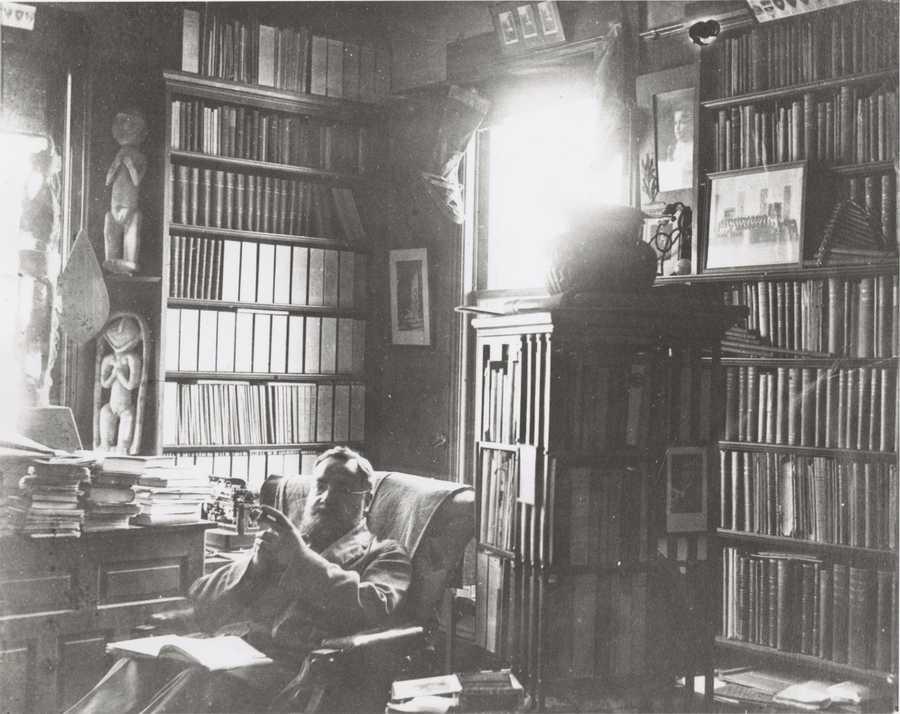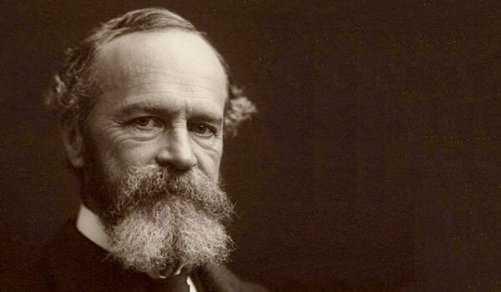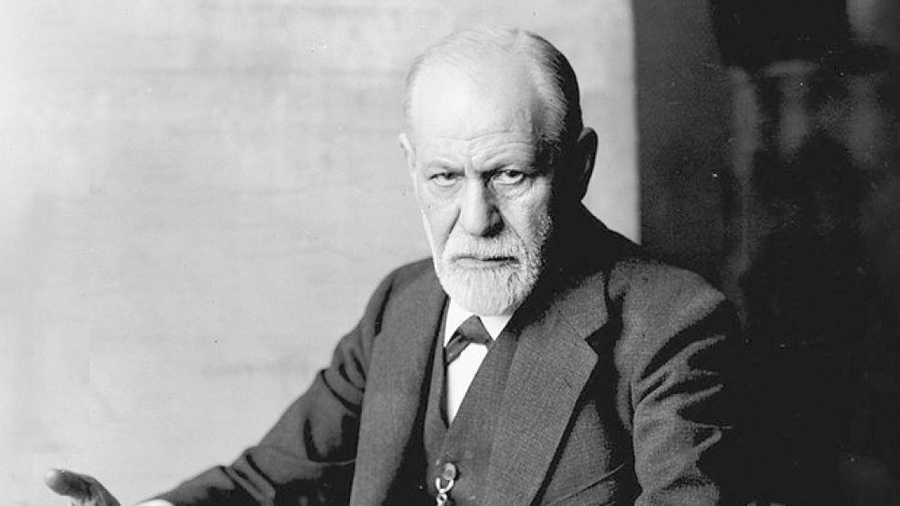The Origins of Psychology: History Through the Years
Curated from: verywellmind.com
Ideas, facts & insights covering these topics:
10 ideas
·6.85K reads
24
Explore the World's Best Ideas
Join today and uncover 100+ curated journeys from 50+ topics. Unlock access to our mobile app with extensive features.
The need to understand psychology
The beginnings of psychology differ significantly from contemporary conceptions of the field. Modern psychology covers a range of topics, looking at human behavior en mental processes from the neural level to the cultural level.
314
1.24K reads
The Beginnings of Psychology
Psychology was not separate from philosophy until the late 1800s.
- During the 17th century, philosopher Rene Descartes introduced the idea of dualism - that the mind and body were two entities that interact to complete the human experience.
- While early philosophers relied on methods such as observation and logic, today's psychologists use scientific methodologies to draw conclusions about human thought and behavior.
- Physiological research on the brain and behavior also contributes to psychology.
332
864 reads
Psychology as a Separate Discipline
- During the mid-1800s, a German physiologist Wilhelm Wundt outlined many of the major connections between the science of physiology and the study of human thought and behavior.
- He viewed psychology as the study of human consciousness and tried to apply experimental methods to study internal mental processes.
- His processes are known as introspection and seen as unreliable and unscientific today, but it helped to set the stage for future experimental methods.
- The opening of his psychology lab In 1879 is considered to be the official start of psychology as a separate scientific discipline.
307
653 reads
Structuralism
Edward B. Titchener found psychology's first major school of thought.
- According to the structuralists, human consciousness consisted of smaller parts. Trained subjects would break down their reactions to the most basic sensation and insights.
- Structuralism was unreliable, limiting, and subjective, but was noted for its emphasis on scientific research.
- Titchener died in 1927, and his ideas of structuralism with him.
288
600 reads
Functionalism
William James was one of the major American psychologists during the mid to late 1800s.
- His classic textbook "The Principles of Psychology" became the standard text in psychology and served for the basis of functionalism.
- Functionalism was about how behavior works to help people live in their environment. Functionalists use methods, such as direct observation.
- While structuralists tried to break down mental processes into their smallest parts, functionalists thought consciousness was a more continuous and changing process.
- Functionalism influenced later psychologists and theories of human thought and behavior.
298
527 reads
Psychoanalysis
- Austrian physician Sigmund Freud proposed a theory of personality that emphasized the importance of the unconscious mind.
- He believed early childhood experiences and unconscious impulses contributed to the development of adult personality and behavior.
- He claimed psychological disorders are the result of unconscious conflicts becoming extreme or unbalanced.
311
602 reads
Behaviorism
Psychology changed significantly during the early 20th century. Behaviorism rose to dominance and rejected the emphasis on both the conscious and unconscious mind.
- Behaviorism aimed to make psychology a more scientific discipline by focusing only on observable behavior.
- Russian physiologist Ivan Pavlov proposed that behaviors could be learned through conditioned associations.
- Psychologist John B. Watson outlined the basic principles of behaviorism in his 1913 paper 'Psychology as the Behaviorist Views It.'
- Psychologist B.F. Skinner furthered the behaviorist perspective of operant conditioning, which showed the effect of punishment and reinforcement on behavior.
- Behavioral psychology is still used in therapeutic techniques such as behavior analysis, behavioral modification, and token economies. Conditioning is used in situations ranging from parenting to education.
308
455 reads
The Third Force
The first half of the 20th century was dominated by psychoanalysis and behaviorism. In the second half, a new school of thought, known as humanistic psychology, emerged. It is also referred to as the "third force" and emphasizes conscious experiences.
- Psychologist Carl Rogers is considered to be a founder of this school of thought. He believed strongly in the power of free will and self-determination.
- Psychologist Abraham Maslow contributed with his famous hierarchy of needs theory of human motivation. The theory suggests that people are motivated by progressively complex needs.
300
451 reads
Cognitive Psychology
Cognitive revolution took hold in psychology during the 1950s and 1960s and began to replace psychoanalysis and behaviorism as the main approach to the study of psychology. Psychologists were more concerned with what was going on inside the mind.
Since then, cognitive psychology remains the dominant are of psychology and researchers continue to study things such as perception, memory, decision-making, problem-solving, intelligence and language.
364
886 reads
Psychology Continues to Grow
Since 1960, psychology continues to develop new ideas and perspectives. Recent research in psychology looks at many aspects of human experience, from biological influences on behavior to the impact of social and cultural factors.
Today, psychologists focus on a specialty area or perspective, drawing from diverse theoretical backgrounds.
281
564 reads
IDEAS CURATED BY
Gaurav Bhasin's ideas are part of this journey:
Learn more about personaldevelopment with this collection
How to apply new knowledge in everyday life
Why continuous learning is important
How to find and evaluate sources of knowledge
Related collections
Similar ideas
6 ideas
Repression as a Defense Mechanism
verywellmind.com
7 ideas
Aphantasia: When You Are Blind in Your Mind
verywellmind.com
4 ideas
Synchronizing Your Biological Clock With a Schedule
verywellmind.com
Read & Learn
20x Faster
without
deepstash
with
deepstash
with
deepstash
Personalized microlearning
—
100+ Learning Journeys
—
Access to 200,000+ ideas
—
Access to the mobile app
—
Unlimited idea saving
—
—
Unlimited history
—
—
Unlimited listening to ideas
—
—
Downloading & offline access
—
—
Supercharge your mind with one idea per day
Enter your email and spend 1 minute every day to learn something new.
I agree to receive email updates




